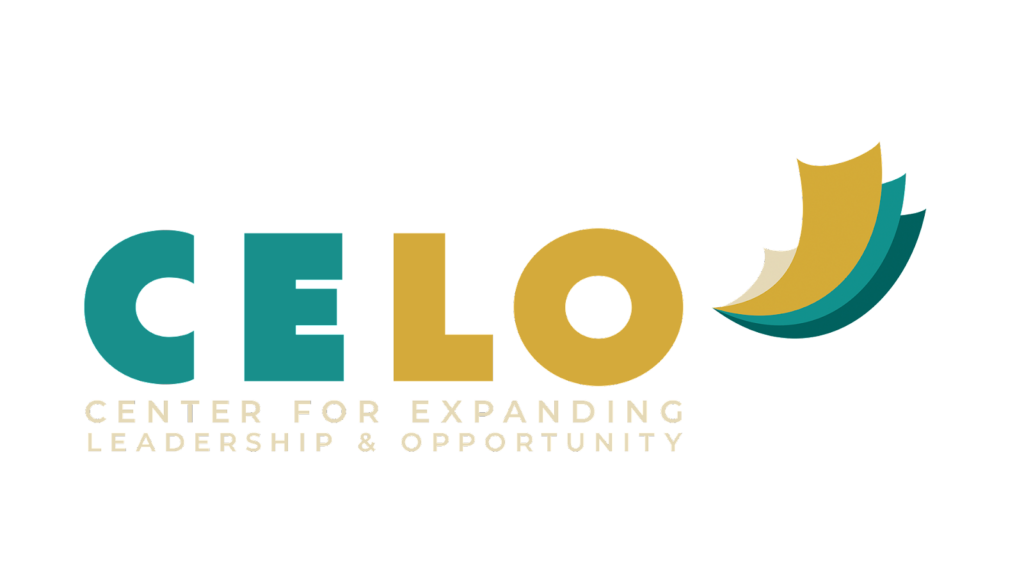In our third review from key episodes from the NASPA Student Leadership Podcast, hosted by Myles Surrett – it is time to turn to Susan Komives, Professor Emerita at the University of Maryland and project consultant for the Multi-Institutional Study of Leadership (MSL).
Susan reflects on a pathbreaking career in student leadership development and predicts future trends in the field. Echoes of her experiences as an undergraduate student in the 60s are heard in today’s college student activism, protest, social movements.
Susan’s experience of being an undergraduate student in the 60’s was transformational – she was a math major but what really excited her was being involved in student government, a sorority, residential life, and advisory boards. Being a student during the civil rights era, the desire to make a change in the world, and the perceived opportunity to do so through student affairs, led her into leadership development.
Susan has served as editor for the original and now 2nd edition of “Leadership for a Better World.” She describes how the book has been rewritten based on evidence from the MSL: research is now woven into each chapter of the “Seven Cs”, or seven values, of the Social Change Model. It has also been reorganized to reflect the trajectory that we now know leadership development follows with first individuals, then groups, and finally citizenship. The MSL has also provided evidence that the format of leadership training (class, workshop, retreat) does not matter as much as the content. The MSL has identified several high-impact practices, including dialogue, social perspective taking, and mentoring, that should be included in the content.
Susan also focuses on group dynamics. Johnson and Johnson’s “Joining Together” (now in its 12th edition) was Susan’s gateway into leadership studies. Today, she cites group dynamics as a key area of focus for student leadership development – schools can offer ethical, collaborative and inclusive environments where everyone has a role. Students can practice effective leadership with each other by focusing on group dynamics with intentionality. Part of this, Susan suggests, is connecting student leaders with each other early in their college experience so that they can build coalitions and develop community capacity. In addition, she highlights the need for schools to embrace and model the leadership outcomes of activism and protest, and the role of social movements in advancing social change.
To hear about Susan Komives’ leadership journey, perspectives on creating meaningful mentoring relationships, and more, tune in to the NASPA Student Leadership Programs podcasts, hosted by Myles Surrett, and available from iTunes or SoundCloud.
